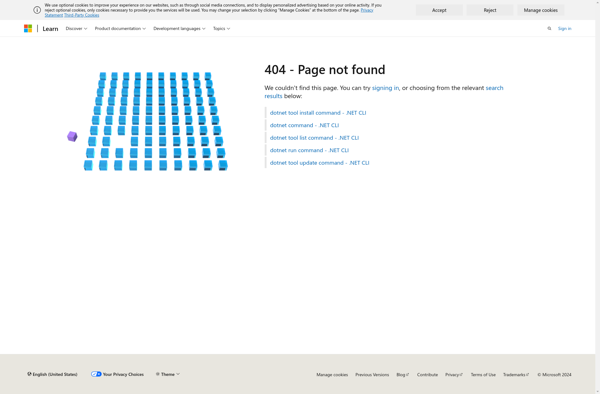R mlr
R mlr is an R package that provides a unified interface for classification, regression, survival analysis and clustering. It features automated machine learning with hyperparameter tuning, flexible feature preprocessing and model ensemble capabilities.
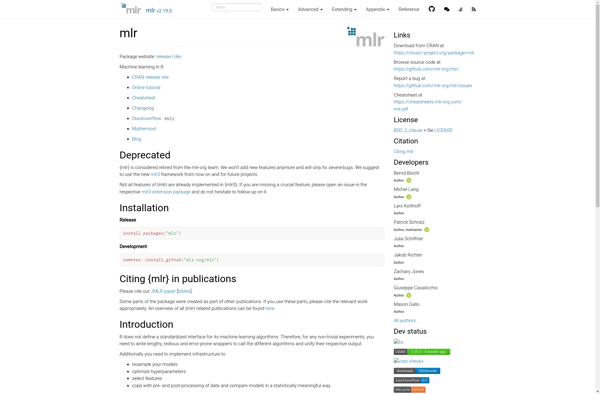
R mlr: Unified Machine Learning Package
R mlr is an R package that provides a unified interface for classification, regression, survival analysis and clustering. It features automated machine learning with hyperparameter tuning, flexible feature preprocessing and model ensemble capabilities.
What is R mlr?
R mlr is an R package that provides a unified interface for classification, regression, survival analysis and clustering. It features:
- Automated machine learning with hyperparameter tuning using various search strategies like grid search, random search, Bayesian optimization etc.
- Support for over 60 learners from regression, classification, survival analysis, cluster analysis etc.
- Flexible feature preprocessing with missing value imputation, scaling, generating interactions etc.
- Model ensemble capabilities like stacking and bagging
- Built-in resampling for robust performance estimation like cross-validation and bootstrapping
- Feature selection and hyperparameter tuning capabilities
- Easy integration with other R packages
Some key advantages of mlr are:
- Unified interface to train and predict on various models
- Automating machine learning pipeline consisting of preprocessing, model training, tuning and evaluation
- Easily benchmark different models
- Ensemble modeling capabilities
- Detailed logging mechanisms
mlr is a popular package used widely for automated machine learning and model building in R.
R mlr Features
Features
- Unified interface for machine learning tasks like classification, regression, survival analysis and clustering
- Automated machine learning with hyperparameter tuning
- Flexible feature preprocessing capabilities
- Model ensemble capabilities
- Supports a wide range of machine learning algorithms
- Visualizations for analyzing machine learning models and results
Pricing
- Open Source
Pros
Simplifies machine learning workflow in R
Automates tedious tasks like hyperparameter tuning
Flexible and customizable for different use cases
Modular design allows swapping components easily
Well documented
Cons
Less user-friendly than GUI-based tools
Steep learning curve for new R users
Advanced features have a complexity cost
Less support compared to commercial solutions
Official Links
Reviews & Ratings
Login to ReviewThe Best R mlr Alternatives
Top Ai Tools & Services and Machine Learning and other similar apps like R mlr
Here are some alternatives to R mlr:
Suggest an alternative ❐H2O.ai
H2O.ai is an open source artificial intelligence and machine learning platform used for building and deploying machine learning models at scale. It provides capabilities for automatic data preparation, feature engineering, model building, model validation, model deployment, and more.Some key capabilities and benefits of H2O.ai include:Automatic data preparation - data can...

R Caret
R Caret is an open-source R package that provides a unified interface for machine learning algorithms in R. It stands for Classification and Regression Training. The package contains tools for:Splitting data into training and test setsData pre-processing like scaling and transformationsFeature selection algorithmsHyperparameter tuning for model selectionFlexible metrics for model...
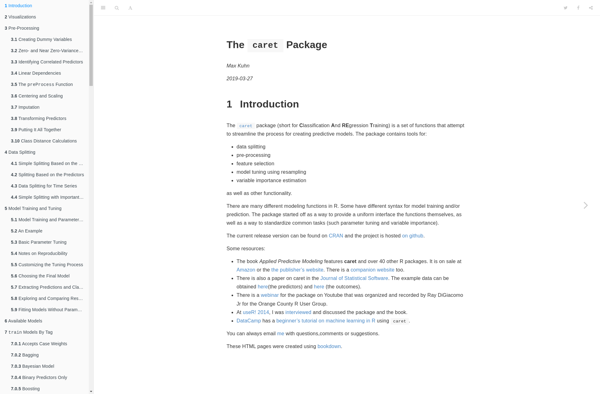
Python auto-sklearn
Auto-sklearn is an open source machine learning library for Python that aims to make finding a good machine learning model as easy as possible. It builds on top of the popular scikit-learn library and automates the tedious tasks of hyperparameter tuning and model selection.Auto-sklearn uses Bayesian optimization to intelligently search...

R MLstudio
R MLstudio is an integrated development environment designed specifically for machine learning tasks in R. It provides a streamlined workflow that guides users through the end-to-end machine learning pipeline.Key features of R MLstudio include:Code editor with syntax highlighting, autocomplete, and other productivity enhancements for working with R codeData viewer for...
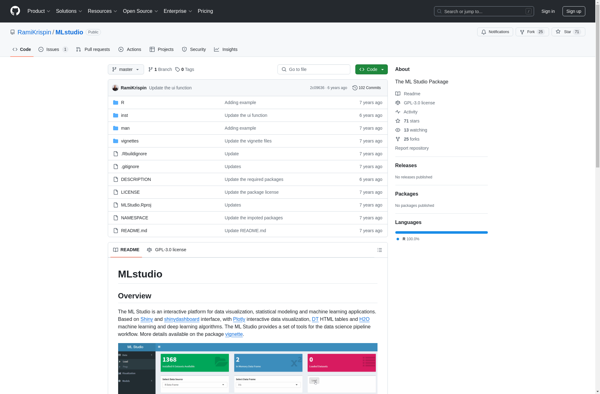
Datarobot
Datarobot is an end-to-end enterprise AI platform that aims to make machine learning more accessible for organizations. It provides a graphical user interface and automation tools that allow users without specialized data science skills to build, evaluate, and deploy machine learning models.Some key capabilities of Datarobot include:Automated machine learning -...
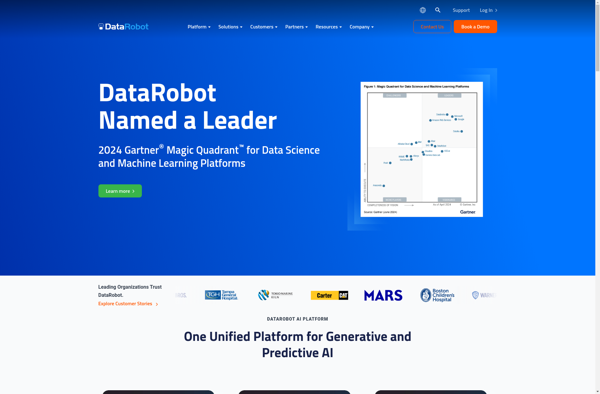
ML.NET
ML.NET is an open-source and cross-platform machine learning framework by Microsoft that allows .NET developers to develop and integrate custom machine learning models into their .NET applications using C# or F#. It supports a variety of machine learning tasks like classification, regression, clustering, anomaly detection, image classification, text analytics, recommendation...
